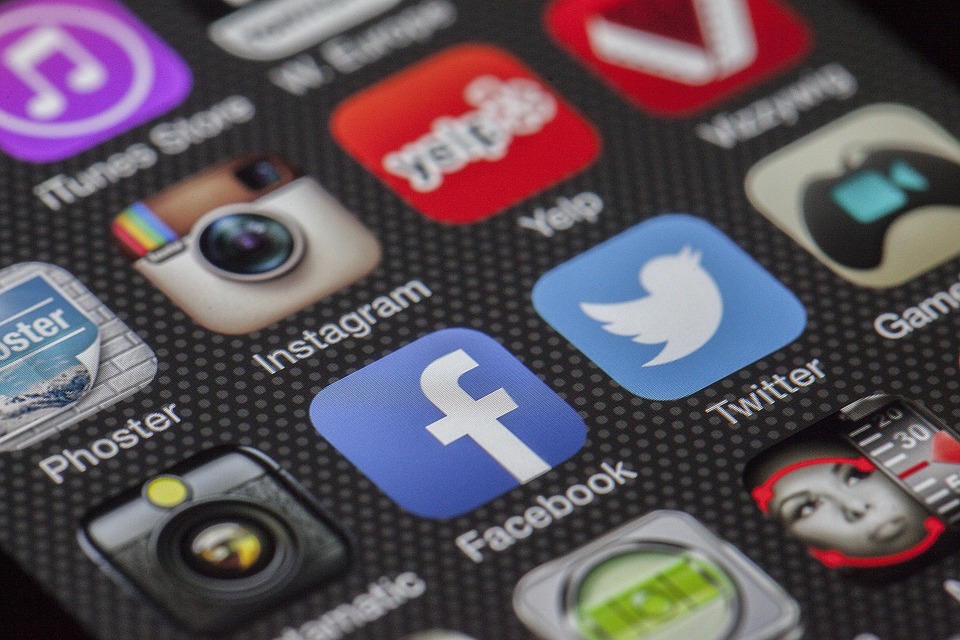
Will AI Replace Jobs? What Experts Predict
- 0
Artificial Intelligence (AI) has brought about significant advancements in technology, but with these advancements comes the fear that AI will replace human jobs. Many experts have weighed in on this topic, providing various predictions on the future of work in a world dominated by AI.
The Current Landscape
AI technology has already made its mark in various industries, from healthcare to finance to manufacturing. Automated systems and algorithms have streamlined processes, increased efficiency, and improved productivity in many sectors. While these advancements have undoubtedly been beneficial, they have also led to concerns about the impact on the workforce.
Expert Predictions
Experts have differing opinions on the extent to which AI will replace jobs. Some believe that AI will lead to significant job displacement, with automation taking over tasks that were previously performed by humans. Others argue that while certain jobs may be automated, new opportunities will arise in the form of AI-related roles.
Job Displacement vs. Job Creation
One school of thought suggests that AI will lead to mass job displacement, resulting in a significant portion of the workforce being replaced by automated systems. This could particularly impact jobs that involve repetitive tasks or routine decision-making processes. However, proponents of this view also point out that new jobs will emerge to support and develop AI technology, creating opportunities in fields such as data analysis, machine learning, and AI research.
Skills Gap and Training
Another consideration is the skills gap that may arise as AI technology continues to evolve. As certain jobs become automated, workers may need to acquire new skills in order to remain relevant in the workforce. Training and education programs will play a crucial role in helping individuals transition into AI-related roles and stay competitive in the job market.
Industry-Specific Impact
Different industries will be affected in varying degrees by the rise of AI technology. For example, the manufacturing sector may see a significant shift towards automation, leading to job losses in manual labor roles. On the other hand, the healthcare industry may benefit from AI-driven tools that enhance diagnosis and treatment, creating new job opportunities for healthcare professionals with AI expertise.
Conclusion
While the impact of AI on jobs is still a topic of debate, one thing is clear: the future of work will be shaped by advancements in technology. As AI continues to evolve, so too will the job market, creating both challenges and opportunities for workers. It is crucial for individuals and businesses to stay informed about the latest trends in AI and prepare for the changes that lie ahead.

